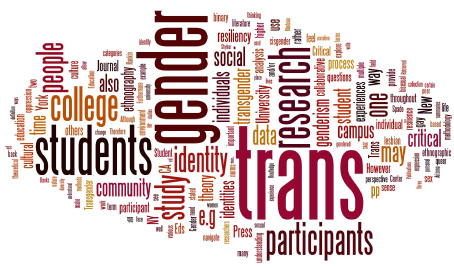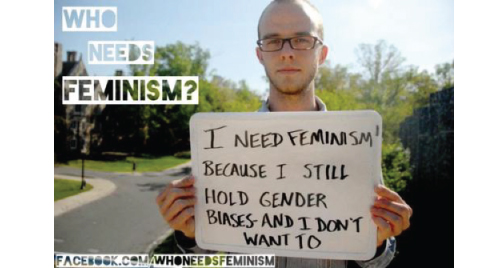by: Anonymous
Recently, a female colleague said that she believes that I had achieved my professional position because I am an attractive woman and work for male administrators. The (not-so-subtle) implication of this statement was that, as an attractive woman, I was given opportunities not afforded to others who she believes are better qualified than I am.
To be quite honest, I was shocked at this accusation. I would never classify myself as an attractive woman. I would describe myself as a runner, athletic, a feminist, an educator, a wife, a sister, a mother, an animal lover, and a laundry list of other adjectives…but never would I label myself as “attractive.” The idea of of using my appearance in an attempt to get ahead is ridiculous to me. I am the person running out the house at the last minute with a dryer sheet stuck to the arm of her blouse. I am so frugal that I only shop at second-hand clothing shops and that one red tag clearance rack at the back corner of the store. My husband is far more fashion forward than I am. In fact, he does all the ironing in our household as my skill level is not up to his standards, which is fine by me. I spray that magic wrinkle spray on myself and call it good enough. Most of my time outside of work is spent in running shoes and workout clothing. My beauty “routine” consists of my daughter’s baby oil, eczema cream, and prescription acne ointment from a dermatologist (yes, in my mid-30’s I am plagued by both acne and wrinkles). Those are certainly not the features that one would normally associate with “attractive.” Continue reading Feminism and the Alpha Female








